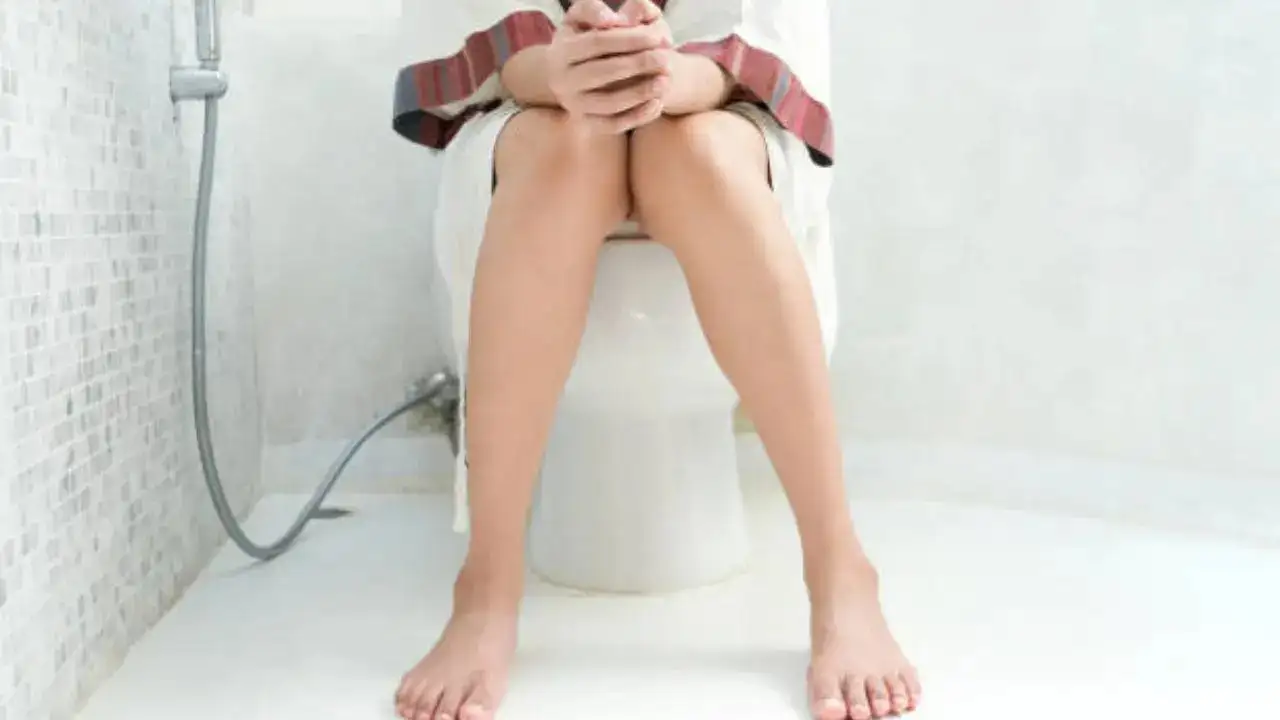
Having a bowel movement in the morning aligns with your digestive system and circadian rhythm
A lot of people wonder about the best way or time to have a bowel movement but are not sure what it is. According to gastroenterologists, the best time to poop is in the morning, right after you wake up. Having a bowel movement in the morning aligns not just with your digestive system but also with your circadian rhythm when the colon contracts three times more forcefully in the first hour after waking up.
As you sleep, your digestive system gets a lot of time to absorb nutrients and push waste to the large intestine. Around 30 minutes after waking up, the digestive system begins to send signals that make you feel the urge to go to the toilet. However, not everyone has bowel movements in the morning, and that's completely normal.
Doctors say the frequency of bowel movements can range safely from three times a day to three times a week, as long as it happens regularly, is suitable for your lifestyle, and does not lead to any discomfort.
Why is pooping in the morning the best?
Doctors say morning time is the best for bowel movements because:
Balances circadian rhythms
Human bodies operate on a 24-hour internal clock known as circadian rhythms, which regulates various physiological processes, including digestion. The colon tends to be more active during the day, with peak activity occurring in the morning. And so, there is a rise in natural cortisol levels in the morning, which stimulates bowel movements.
Overnight fasting
When you sleep, your digestive system becomes relatively inactive, allowing the colon to accumulate stool. While it fills up overnight, then in the morning, things pick back up, making the morning a great time to have a bowel movement.
Gastrocolic reflex
After you eat dinner, your stomach stretches, triggering a physiological response known as the gastrocolic reflex, which stimulates the colon to contract and move its contents forward, leading to bowel movement.
In the morning hours, the reflex is often the strongest.
Important factors that impact your bowel movements
Doctors say while eating a high-fibre meal can stimulate your intestines into action, a few other factors are also important to consider when it comes to a regulated pooping regimen.
Diet
What you eat and drink is important for maintaining a food digestive system. It is important to drink adequate water throughout the day for soft, easy-to-pass stools. Dehydration causes the colon to absorb more water from stool, resulting in harder, drier stools and potential constipation.
Exercise
Doctors say your gut motility can slow down, causing constipation, if you live a sedentary lifestyle and are not active. Exercise stimulates motility, which helps you have bowel movements.
Prolonged sitting can also place undue pressure on the rectum.
Traveling
For those who travel frequently, regulating bowels is a big challenge. Doctors say due to the way time zone shifts, it affects your circadian rhythms, changes in diet and water intake, increased stress, and the possibility of less activity while travelling.
Stress
High levels of stress can mess with how and when you poop, and it leads to anxiety, which impacts the gut-brain axis.
